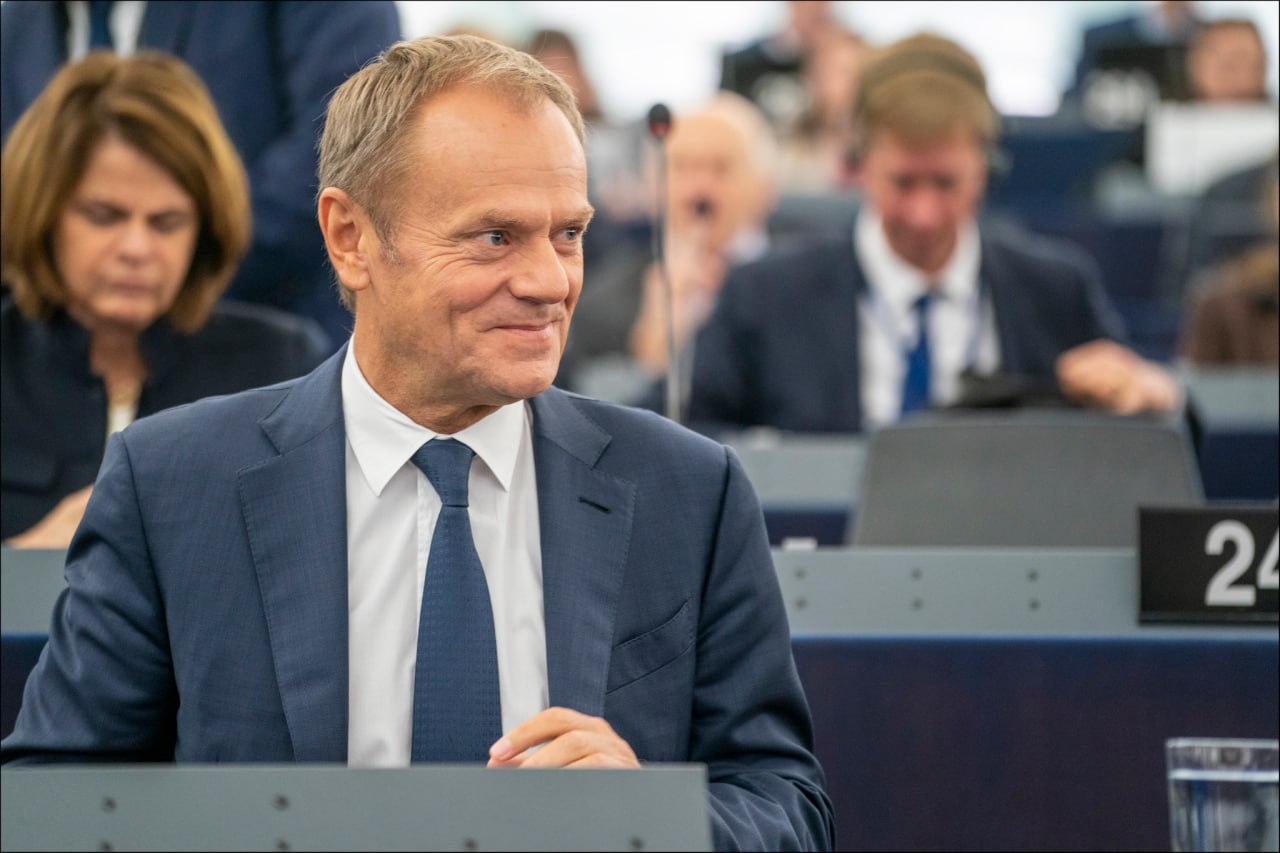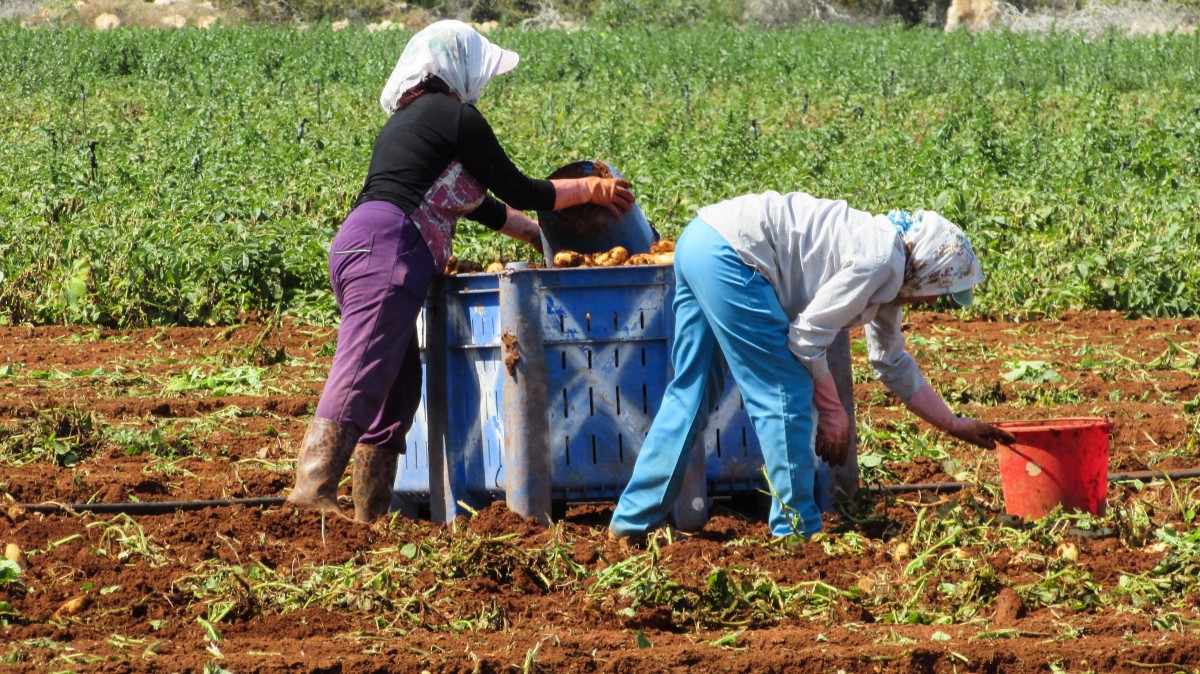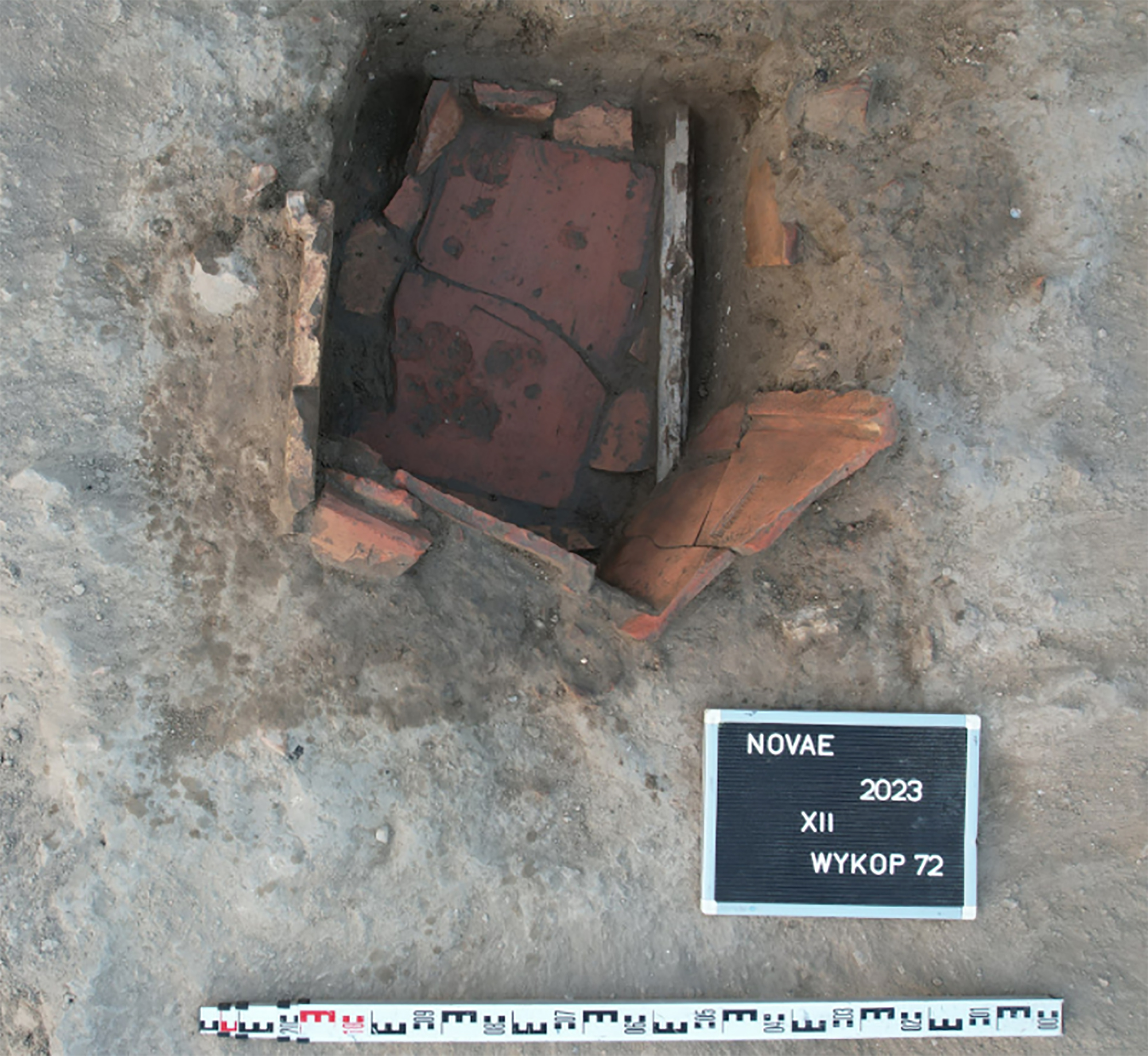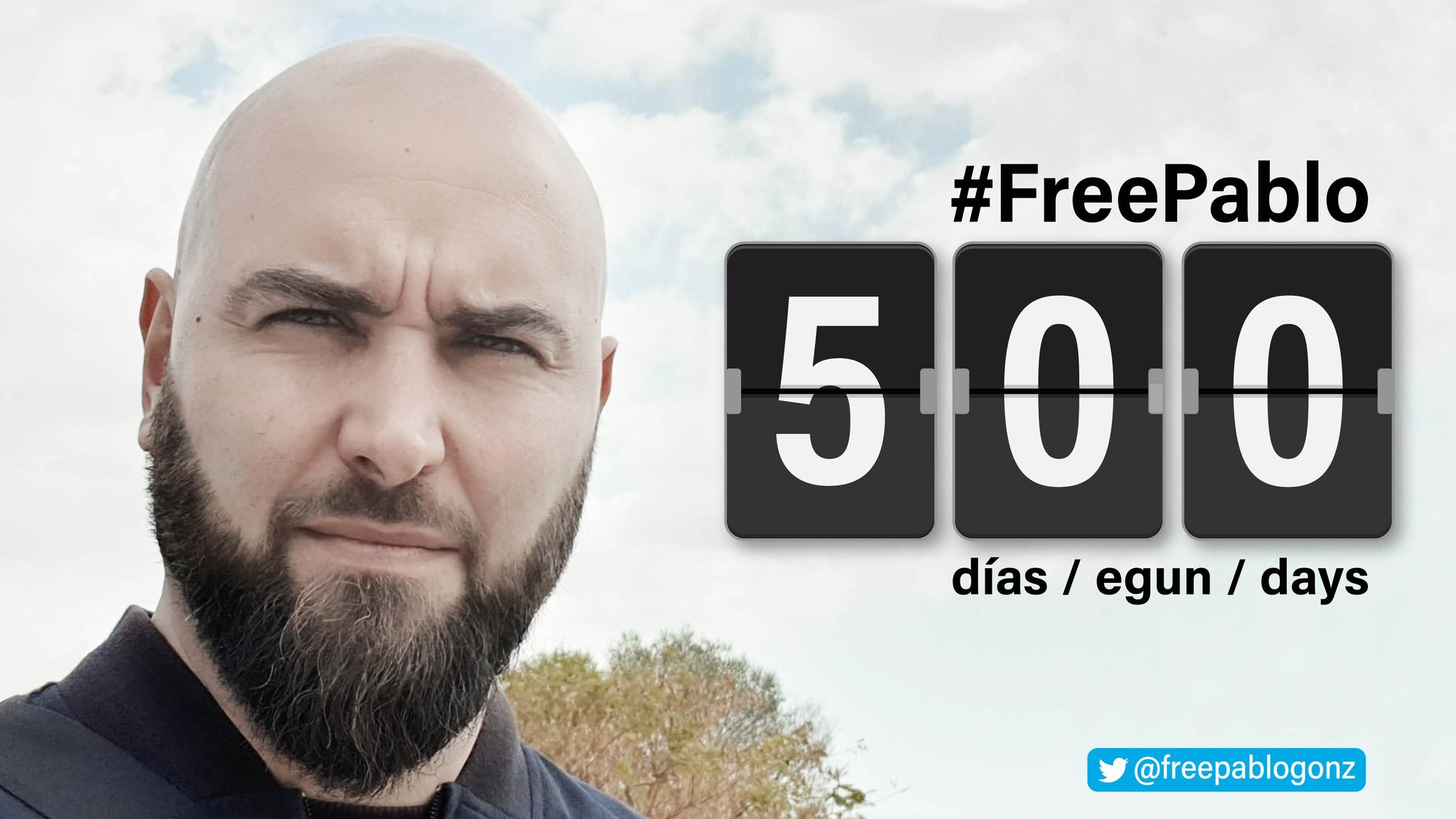The opposition has the possibility of pulling the government's far-right Polish
- The president of the ultra-conservative party PiS, Andrzej Duda, has announced that he will order the candidate of his party to be part of the government because he has received more votes. However, it will not be enough to govern and the Polish Government will undergo a change. In view of developments in recent years, the country is standing out as a European power.

The change comes to Poland after eight years. The conservative party PiS would get the largest number of votes (36.6%), in the Sunday votes, according to the latest polls on Monday morning, but it would not be enough to continue governing alone, nor the Confederation (6.4%) with the support of the right-wing libertarian party.
The opposition would achieve the best results of the last elections and achieve 248 of the 460 Sejm lower house Members. Thus, if the campaign agreement were fulfilled, the KO Civic Coalition (31%), the Third Way (13.5%) and Ezkerra (8.6%) of former Prime Minister Donald Tuski could overturn the conservative streak of the last two legislatures, and charge Mateusz Morawiecki to the current Prime Minister.
There has been a strong social polarization that has led to the greatest participation since the end of the communist system, 73%.
The opposition has for years been denouncing that the PiS government has eroded the division of powers and democracy, appointing judges, extending control over public television and hardening rhetoric towards migrants and the LGTB community.
Opposition parties will make a strange trio if they get a coalition to form a government. Despite being in the PP or Republican (LR) family in the European Parliament, the Tusken party has moved to the centre in recent years, but one of its allies, Ezkerra, belongs to the line of social democracy and the Third Way is the coalition of a center-right party and Democrats.
Tuske proclaimed in the campaign that, when it came to power, the European Commission would succeed in unlocking the EUR 110 billion frozen by the decline of the rule of law and in resolving the division between Warsaw and Brussels.
In addition to the elections, PiS convened four referendums on the same day, in which he also received the coup. The opposition and the activist groups called for the boycott and as 40% participation has not passed the 50% barrier. Critics denounced that PiS used them to exceed the spending limits set in election campaigns—referendums don’t have them—and that questions were formulated as a criticism of the opposition.
“Do you want to raise the retirement age again to 67?” was one of the questions. “Are you in favour of receiving thousands of illegal immigrants from the Middle East and Africa, as imposed by European bureaucracy?”, another. They were darts thrown at the opposition, to suggest that's what they're going to do.
“I’m Abertzale and I think my country needs to be changed,” Agata, 23, said on Sunday in the street line, adding that I would vote for Ezkerra. Like Agata, David, 29, also boycotted four referendums, because it was “very clear” what the government was looking for. Despite being critical of most parties, it was clear that he wanted to vote in favour of the opposition.
Maggie, 60, also rejected four referendums. Sunday voted for the first time in Poland, as the socialist system went to the United States. “I’m not a very political person, but I think change of government would benefit small businesses,” he said.
Now, both will have to deal with the negotiations. President Andrzej Duda of PiS has announced that he will order his party candidate to be part of the government, because he has received more votes. In this case, if PiS Prime Minister Morawiecki does not get the necessary votes, it may take weeks or months for the opposition to set up the government.
Next European power
Poland has changed a lot in recent decades. According to data from the World Bank, when the socialist bloc was dissolved in 1990, the per capita GDP of Ukraine ($7,610) was 23 per cent higher than that of Poland ($6,190), in similar dollars (PPP). By 2020, after 15 years in the European Union (EU), Poland (35,300$) was 169% higher than Ukraine (13,100$).
Much is due to access to a single market and Poland is the country that has received the most money from the EU in history from the cohesion funds. In 2004, when it entered the block, it had a unemployment rate of 19%, currently between 2 and 3%, almost the lowest in Europe.
According to data from the Organisation for Economic Cooperation and Development – and the Anglo-Saxon press has underlined this – if current economic growth is addressed, the Polish average family will be richer than the United Kingdom in similar lagars by 2030.
The country has made an important leap not only economically but also in military terms. The army has been updated in recent years buying a new pointer to EE.UU. And South Korea, and PiS has announced that it will soon have the largest land army in Europe.
Poland is the EU country that has chosen most to send military aid to Ukraine. He was the first to send jets and Morawiecki asked Germany to “open its eyes” in January, demanding permission to ship Leopard tanks. “If Ukraine were subject to Germany’s defence policy, it would no longer exist,” Der Spiegel said in an interview.
PiS often uses rhetoric against Germany. In September last year, the government asked him to pay EUR 1.3 trillion, claiming that he had never paid him the damages of the Second World War. Throughout the campaign, Donald Tuski has been recognized on several occasions as a German agent and several PiS politicians have called him traitors.
But the relationship between Poland and Ukraine is getting worse. Despite Ukraine’s agreement to export Europe’s grain to the EU, its four borders, including Poland, banned it on the grounds that cheap wheat was detrimental to farmers in their countries. PiS gets the majority of the votes in the countryside, so he didn't want to drive the farmers away. According to a study by Ipsos after the 2019 elections, 67% of farmers voted in favour of PiS.
Ukraine announced its complaint to the World Trade Organization and, following diplomatic tensions, Poland announced that it would not donate any more arms to the neighbour. Since then, however, there have been attempts to calm the tension.
It will now have to be seen whether the opposition manages to bring to the institutions the change that the Poles have brought to the ballot box.
Varsoviako Barrutiko Auzitegiak argudiatu du González jada ez dagoela Polonian, eta ezin dutela jakin noiz aterako den Errusiatik. Auzitegiak ez du kazetari nabarniztarraren aurkako bestelako prodezurarik abian jarriko.
In the Maszycka cave in Poland, remains of 18,000 years ago were found at the end of the 19th century. But recently, human bones have been studied using new technologies and found clear signs of cannibalism.
This is not the first time that a study has reached this conclusion,... [+]
Osasun artak biltzen ari da Pablo Gonzalez Moskun une honetan. Joan den astean, Poloniako Radomgo segurtasun handiko espetxetik atera zen kazetaria bi urte eta bost hilabeteko preso egon ondoan. Poloniak leporatzen zion espioitza frogatu gabe libre atera da.






















